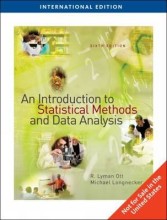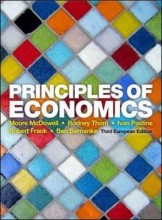British philosophy in the eighteenth century
4 important questions on British philosophy in the eighteenth century
Hume tells us that there are two ways in which impressions reappear as ideas:
- There are ideas of memory
- And ideas of imagination
Hume believed that the meaning of the words in our language consisted in:
We can separate three novel principles of great importance in Hume's analysis of causation:
- Cause and effect must be distinct existences, each conceivable without the other.
- The causal relation is to be analyzed in terms of contiguity, precedence, and constant conjunction.
- It is not a necessary truth that every beginning of existence has a cause.
- Higher grades + faster learning
- Never study anything twice
- 100% sure, 100% understanding
Hume offers two definitions of causation:
- A cause is 'an object precedent and contiguous to another and where all the objects resembling the former are placed in a like relation of priority and contiguity to those objects that resemble the latter. -> here, nothing is said about necessary connection and the activity of the mind
- A cause is 'an object precedent and contiguous to another, and so united with it in the imagination that the idea of the one determines the mind to form the idea of the other, and the impression of the one to form a more lively idea of the other.
The question on the page originate from the summary of the following study material:
- A unique study and practice tool
- Never study anything twice again
- Get the grades you hope for
- 100% sure, 100% understanding































